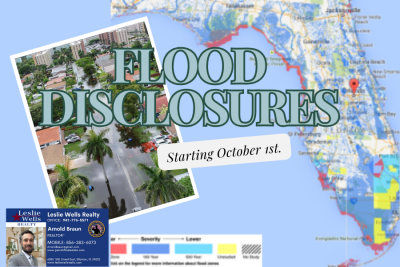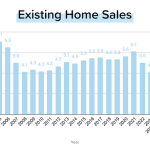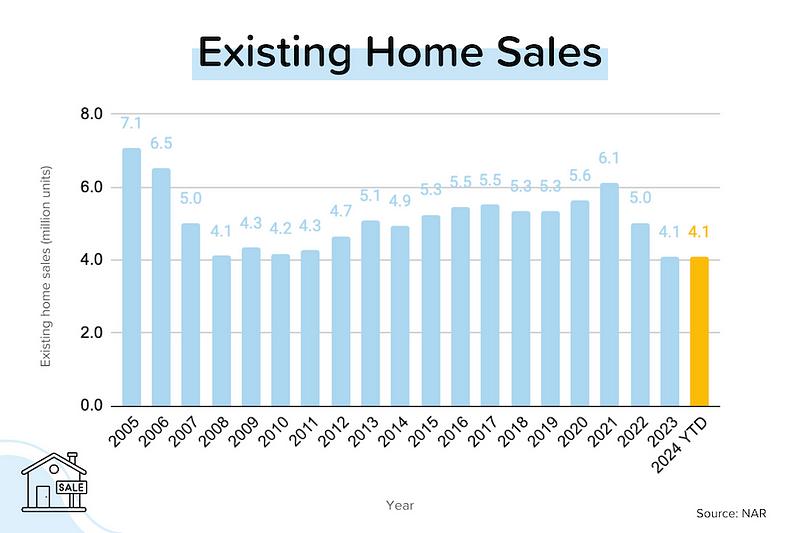
Real Estate Market Insights: Navigating the Latest Trends and Developments
Real Estate Market Insights: Navigating the Latest Trends and Developments
Unveiling Key Market Movements in Real Estate and the Economy
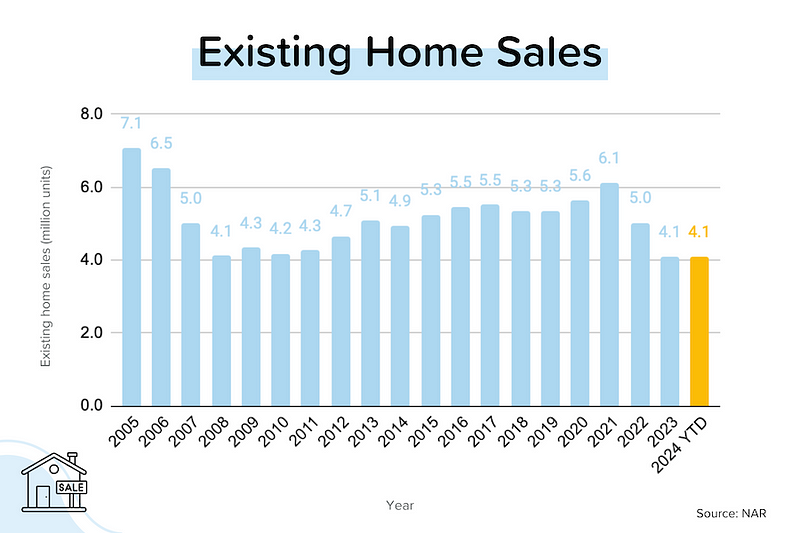
The real estate sector has experienced a series of pivotal shifts this week, with significant implications for the broader economy. From a notable downward revision in job growth figures to potential interest rate cuts by the Federal Reserve, the landscape is rapidly evolving. Notably, average mortgage rates have dipped below 6.5%, a significant 1% decrease from the same period last year. Additionally, July's housing starts have slumped to their lowest levels since 2019, excluding the onset of the pandemic. This article offers an in-depth analysis of these developments, providing valuable insights for real estate professionals and market observers.
A Deep Dive into Disappointing Housing Starts
July's housing starts witnessed a significant decline, plummeting 7% month-over-month to an annualized rate of 1.24 million units. This figure marks the lowest level of new home construction since July 2019, barring the early months of the COVID-19 pandemic. This downturn is particularly concerning for the housing market, as it indicates a slowdown in new residential construction during a period when demand remains robust.
Why This Decline is Alarming
The drop in housing starts is not just a fleeting occurrence; it carries long-term consequences. A reduction in new home construction can exacerbate the existing shortage of available homes, driving up prices and intensifying competition among buyers. For developers and contractors, this trend could signal a tightening market, with financing becoming more challenging and profit margins shrinking.
Moreover, the decline in housing starts suggests that builders are becoming more cautious, possibly in response to rising material costs, labor shortages, and economic uncertainty. With fewer homes being built, the pressure on the existing housing stock will only intensify, potentially driving up prices further and making homeownership less accessible for many Americans.
Revised BLS Job Growth Figures: A Game-Changing Adjustment
In a surprising development, the Bureau of Labor Statistics (BLS) has revised its previous job growth figures downward by a staggering 818,000 positions for the period between March 2023 and March 2024. The Quarterly Census of Employment and Wages (QCEW) revealed that the average monthly job gains were not the 242,000 previously reported but were, in fact, only 174,000—a downward revision of 28%.
Implications for the Economy and Real Estate Sector
This significant revision in job growth figures has far-reaching implications. Firstly, it raises concerns about the strength of the economic recovery, suggesting that the labor market may not be as robust as previously believed. For the Federal Reserve, this could justify a more cautious approach, potentially leading to further interest rate cuts to stimulate economic activity.
For the real estate market, the impact of slower job growth could be mixed. On one hand, lower interest rates could make borrowing more affordable, potentially boosting demand for homes. On the other hand, weaker employment growth could dampen consumer confidence and reduce the number of qualified buyers, leading to slower sales and softer price growth.
Federal Reserve's Rate Cut Signals: What It Means for Real Estate
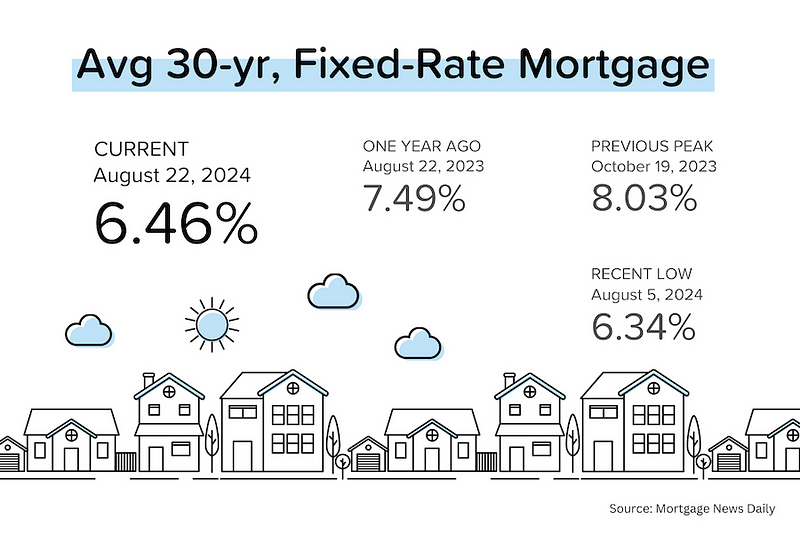
Potential Impact on Mortgage Rates: A Boon for Buyers
A potential rate cut by the Federal Reserve could have a direct and immediate impact on mortgage rates, which have already fallen below 6.5%. A further reduction in the federal funds rate could push mortgage rates even lower, making home loans more affordable for buyers. This scenario is particularly advantageous for first-time homebuyers and those looking to refinance existing mortgages.
However, it's important to note that while lower mortgage rates can boost affordability, they may also spur increased demand, exacerbating the already tight housing inventory. For sellers, this could be a golden opportunity to capitalize on high demand and potentially command higher prices for their properties.
The Rise of Million-Dollar Listings: A New Normal?
In a striking development, Redfin reports that 8.5% of homes in the U.S. are now valued at over $1 million. This is more than double the percentage before the pandemic, when only 4% of homes reached this valuation. The surge in million-dollar listings is a testament to the rapid home price appreciation that has occurred over the past few years.
Understanding the Surge in High-Value Properties
The increase in million-dollar listings largely reflects overall home price inflation. During the pandemic, home prices skyrocketed due to a combination of low interest rates, increased demand for housing, and a limited supply of homes. As a result, many properties that were previously valued below $1 million have now crossed that threshold, pushing up the percentage of homes in this price range.
For real estate investors and luxury homebuyers, this trend presents both opportunities and challenges. On one hand, rising property values can lead to significant capital gains. On the other hand, the increasing prevalence of million-dollar listings could signal a market that is becoming increasingly out of reach for average buyers, potentially leading to a slowdown in sales at the higher end of the market.
Mixed Signals from July's Existing Home Sales
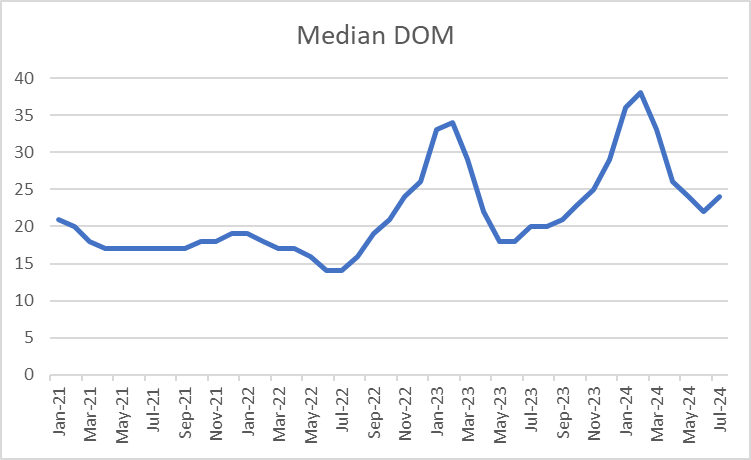
July's existing home sales data painted a mixed picture. While sales rose by 1.3% month-over-month to an annualized rate of 3.95 million units, they were still down by 2.5% year-over-year, highlighting the ongoing challenges in the housing market. The median sales price also fell slightly by 1.0% month-over-month to $423,000, although it remained 4.2% higher than the same period last year.
Interpreting the Data: A Market in Flux
The modest increase in existing home sales suggests that the market may be stabilizing after several months of declining activity. However, the year-over-year decrease indicates that the market is still far from a full recovery. High mortgage rates , limited inventory, and economic uncertainty continue to weigh on buyer sentiment, keeping transaction volumes below pre-pandemic levels.
For sellers , the current market conditions offer both challenges and opportunities. While demand remains relatively strong, particularly for well-priced properties, the cooling market may require more strategic pricing and marketing efforts to attract buyers. For buyers, the slight decrease in median prices could provide a window of opportunity, especially if mortgage rates continue to decline in the wake of potential Federal Reserve actions.
Staying Ahead in a Shifting Real Estate Market
The developments of this week underscore the complex and dynamic nature of the real estate market. From significant revisions in employment data to potential shifts in monetary policy, the factors influencing the market are varied and interconnected. For real estate professionals, staying informed and agile is essential to navigating these changes successfully. As we move forward, the key will be to monitor these trends closely and adapt strategies accordingly to capitalize on emerging opportunities.

